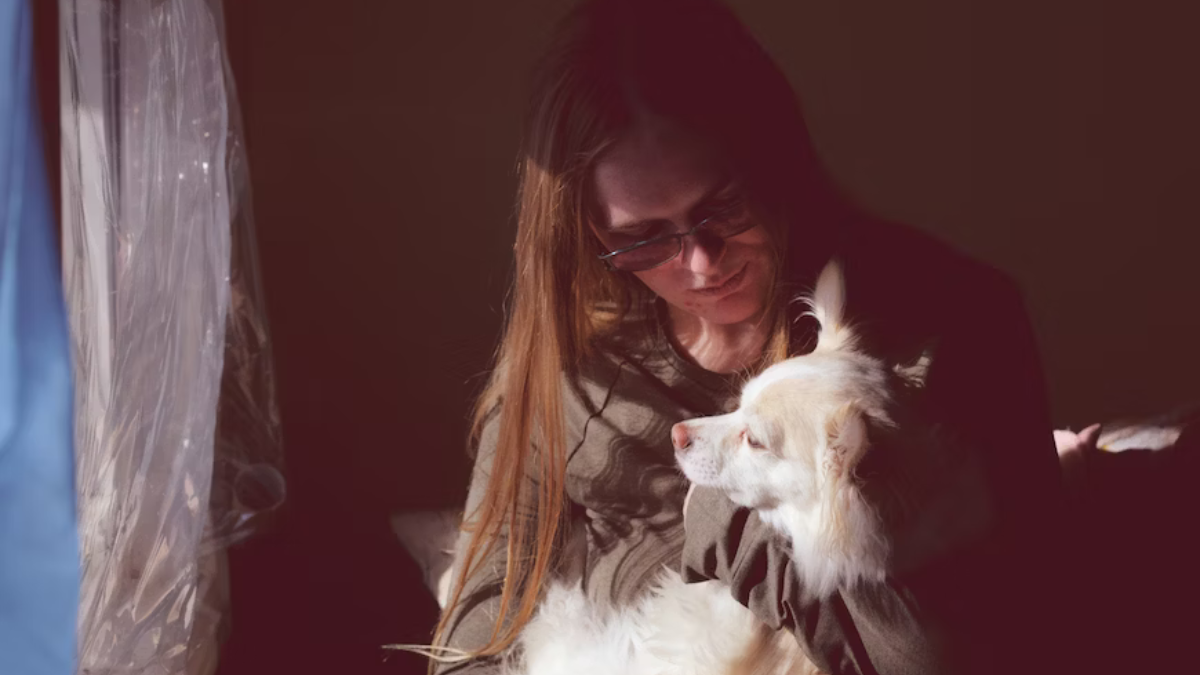Authenticity has become quite the buzzword today. If one were to believe the reports, Gen Z have had it with all the lying on social media. This report from EY states, ‘Authenticity is the most important value for Gen Z — even beyond future plans and being rich.‘ Apps like BeReal have emerged as challengers to Instagram and helped people take spontaneous pictures that allowed them to share their true, authentic selves with the world.
But the question is, can one be truly authentic on social media? It is a truth universally acknowledged that one must appear interesting on social media. Presenting our best selves to people is as old as time. We do this all the time, at work, and social gatherings. But social media amplifies this need to be fascinating, scoring us on how we’re doing through likes and engagement.
And that’s why today, authenticity has come to mean ‘absurd’, not necessarily real. According to a report from We Are Social, ‘on social, extreme behaviour is seen as more authentic. As rising cynicism makes it increasingly difficult to come off as genuine, authenticity has become a game of chicken — pushing people to behave more and more unusually.’
On the one hand, there is the idea that we’re lying to come across as more fascinating. But there’s also the possibility that we don’t know that we are lying because we don’t know ourselves.
Are we alienated from our true selves?
According to a report by Wunderman Thompson Intelligence, 67% of people globally agree that technology is making us ‘feel more detached from the real world.‘ Being online all the time means that we are somewhat alienated from the real experience of the world. At the same time, we are constantly expressing our opinions, thoughts, and feelings.
Our online conversations are proof of how transient our emotions are. We react quickly and switch between sadness and laughter at the drop of a meme. Our offense is often borrowed, and our self-righteousness is a factor of how we think we should be, rather than what we believe to be true in our core. Social media makes us withhold self-exploration in favour of self-expression.
Creating brands of ourselves
The Observer Effect describes a phenomenon in which people’s behaviour changes when they are aware that they are being observed. This happens all the time on social media. Social media gives us a platform to curate our identity the way we want to. We can choose how we want to look, who we want to associate with, and what we want to talk about. And all this is done with self-conscious thought put into creating our public persona.
People today are creating ‘personal brands‘ out of themselves. This is ironic, considering how we expect brands to be human. The problem is that good brands are single-minded and consistent. When we build a brand, we expect our brand purpose and personality to guide everything we do. Humans, on the other hand, are complex and multi-faceted. When we set forth to create a personal brand, we deny ourselves the option to change, grow and explore. When we build brands out of ourselves, we deny ourselves the messy multiplicity and complexity of human existence. And in doing so, we become inauthentic.
Social media is changing today. It is becoming more fragmented and decentralised, as people find interest and usage-based communities on multiple platforms. The Verge calls it ‘the end of a social era on the web.‘ But we are here to stay in the digital world, no matter what form it takes. It is our not-so-new normal. And we must not stop our quest for authenticity. To be authentic, we must have authentic experiences. We must be present in our own life and feel all the emotions that real life offers us — even boredom. Because the less we try to escape real life, the more in touch we’ll be with our authentic selves.
Featured image: Alexander Grey / Unsplash

